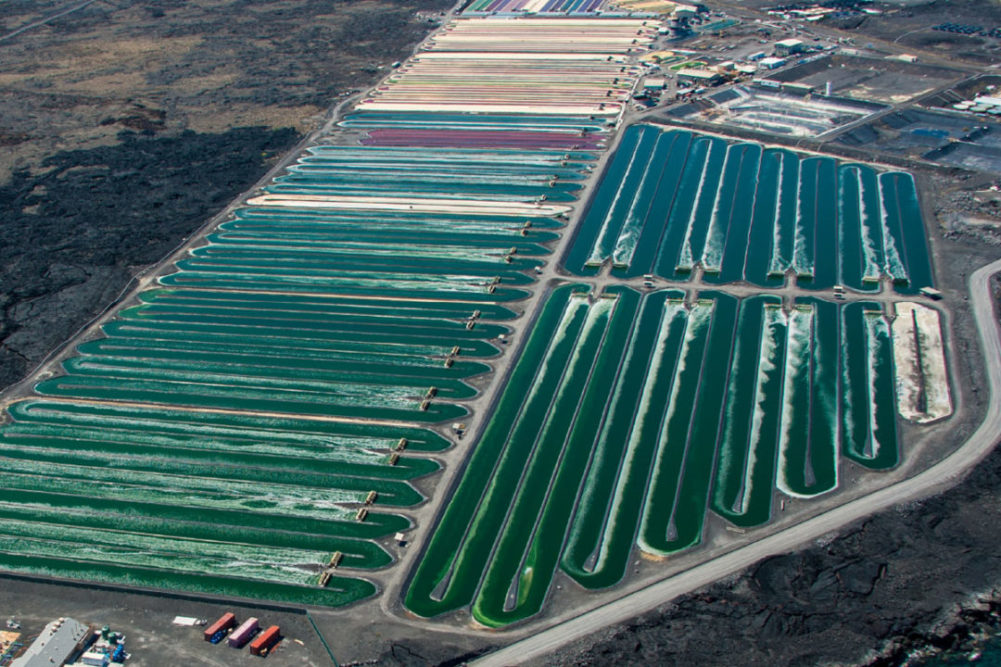ITHACA, NY. — Microalgae grown in onshore, seawater-fed aquaculture systems potentially could increase global food production by over 50%, add essential amino acids and omega-3 fatty acids to the diet, and reduce greenhouse gas emissions, according to a paper from Cornell University that was published online Oct. 5 in Oceanography.
“We have an opportunity to grow food that is highly nutritious, fast-growing, and we can do it in environments where we’re not competing for other uses,” said Charles Greene, PhD, professor emeritus of earth and atmospheric sciences at Ithaca-based Cornell and the paper’s senior author. “And because we’re growing it in relatively enclosed and controlled facilities, we don’t have the same kind of environmental impacts.”
The US Department of Energy and the US Department of Agriculture were among the supporters of the study.
Nutrition-wise, algae provide nutrients lacking in vegetarian diets, including essential amino acids and minerals found in meat, and omega-3 fatty acids found in fish and seafood. Algae could be used in plant-based meat alternatives, according to the researchers. When hens eat chicken feed containing algae, their eggs have triple the amount of omega-3 fatty acids as conventional eggs, said Xingen Lei, PhD, a professor of animal science at Cornell.
Environmentally, since marine algae do not require soil, irrigation and the open application of fertilizer, their cultivation does not compete with agriculture for arable land and freshwater. Cultivating algae also does not lead to fertilizer runoff.
The cultivation of marine microalgae in onshore aquaculture facilities potentially could produce an equivalent amount of food from less than one-tenth the land area used by land crops. By reducing agriculture’s demand for arable land, the cultivation of marine microalgae potentially could reduce greenhouse gas emissions and biodiversity loss, including deforestation.





